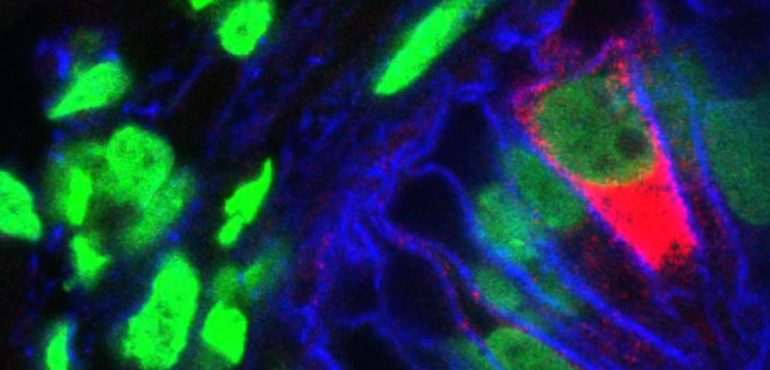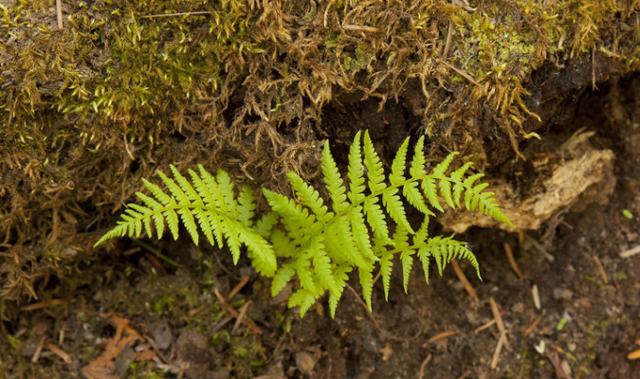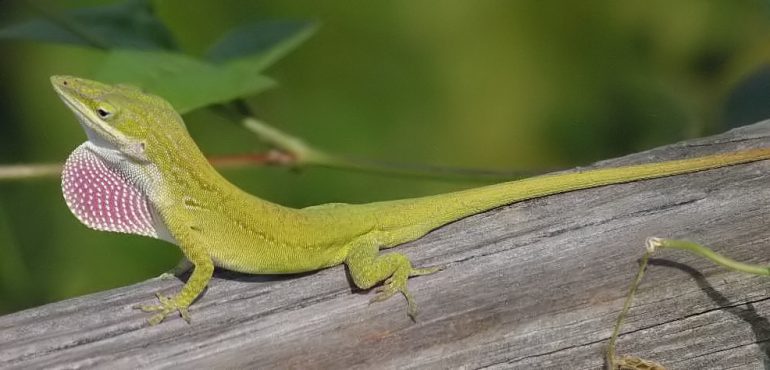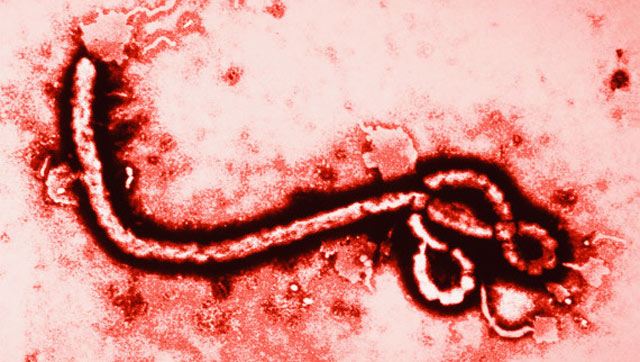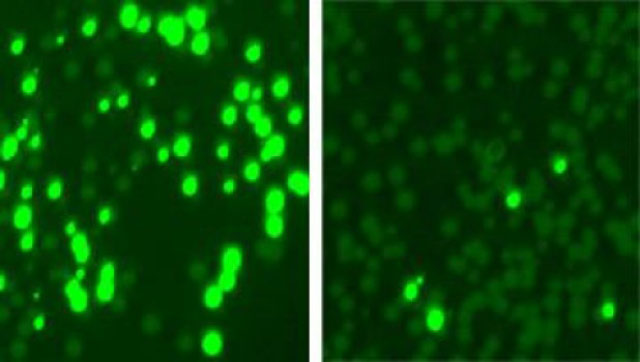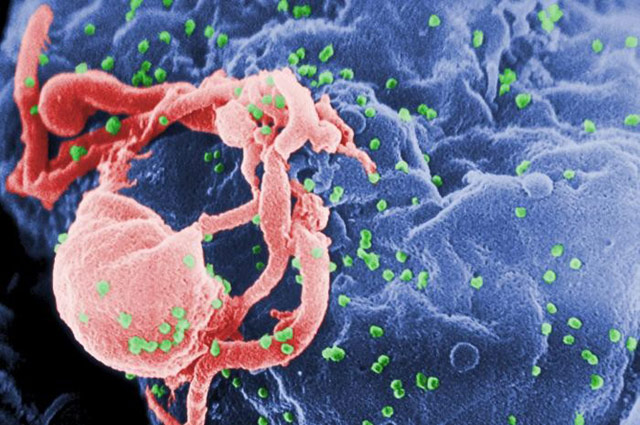Scientists used pluripotent stem cells to generate functional, three-dimensional human stomach tissue in a laboratory -- creating an unprecedented tool for researching the development and diseases of an organ central to several public health crises, ranging from cancer to diabetes. Scientists at Cincinnati Children's Hospital Medical Center report Oct. 29 in Nature they used human pluripotent stem…
Read more
Scientists generate first human stomach tissue in lab with stem cells
